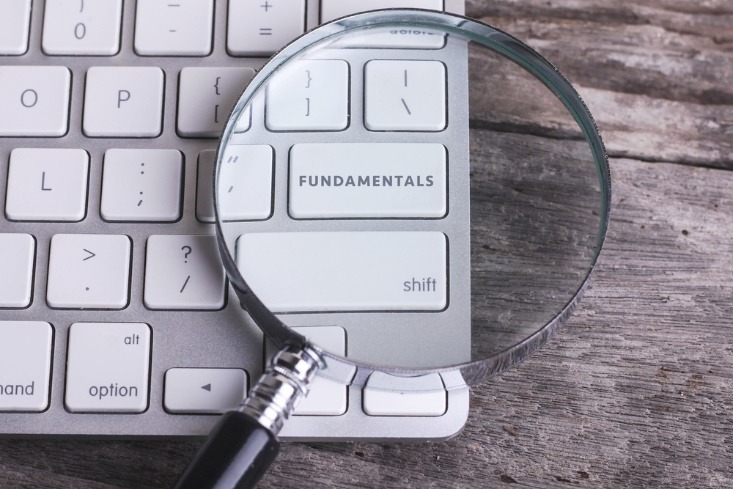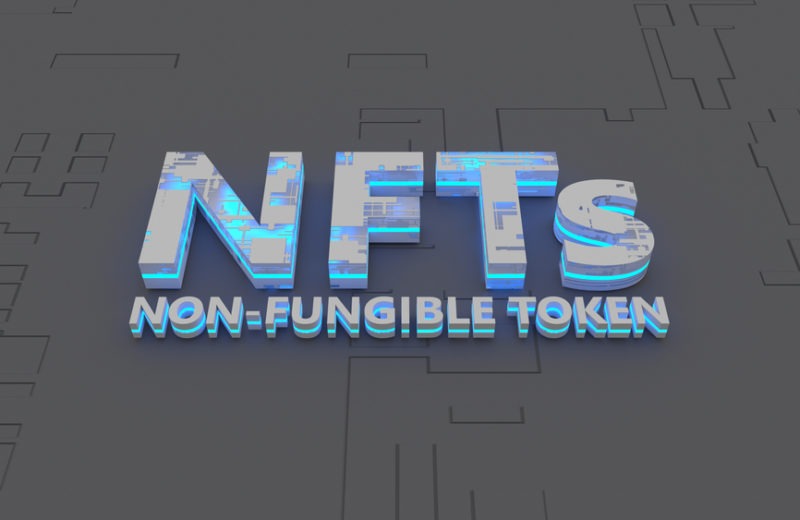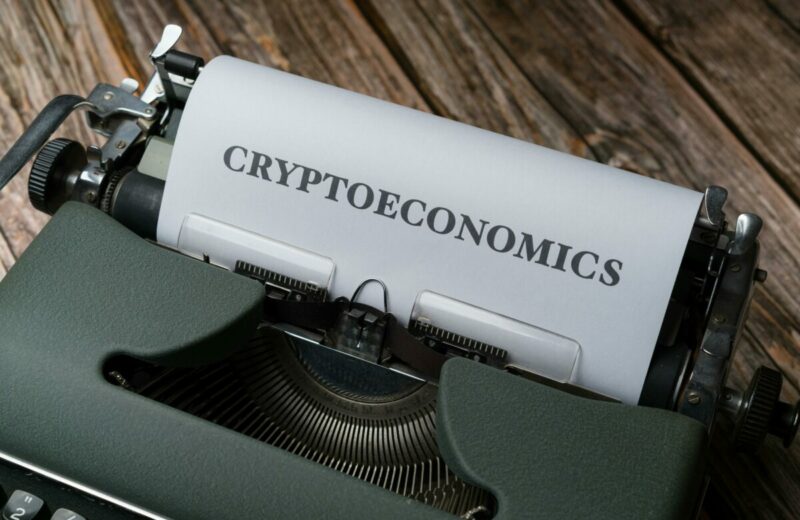With the advent of the cryptocurrency and blockchain technology, it’s not surprising to find yet another tech that’s shrouded with confusion—smart contracts.
So, first, what’s this?
Contracts
Smart contracts are what the name suggests: contracts.
The difference is that unlike traditional contracts or agreement, which are almost always written on paper and needs certification from some authority, these contracts execute independently.
It’s a contract between two parties that has the terms of the agreement in lines of codes. It also execute on the blockchain platform. The blockchain, for those unacquainted, is public, decentralized ledger or network.
The terms in the contract are executed automatically once the contract is triggered.
Platform for Exchange
Smart contracts also serve as a means to exchange assets or things, such as money, property, shares, or anything with value.
In this sense, smart contracts are beneficial for those seeking transparency and those who avoid the services of a middleman when performing a transaction.
Advantages of Smart Contracts

Apart from automating contracts and serving as an exchange means, smart contracts sport a variety of case uses, not only in the financial world but also beyond. This technology, spurted by the blockchain tech, has a variety of advantages to offer.
Autonomy
As we have mentioned, you no longer need the services of a middleman. You’re the one making the agreement, so goodbye brokers, lawyers, or any other intermediaries.
At the same time, you remove third parties their chance to manipulate the contract into their liking. The network does the execution instead of individuals who have interest.
Safety
Smart contracts use cryptography technology, which is basically an encryption. This helps keep your documents safe from hacking.
Reports have it that only those super smart hackers can infiltrate the processes and terms of these smart contracts.
Speed
Time is gold and it’s a resource that nobody ever wants to lose uselessly. When using traditional contracts, whether financial or anything else, you usually need to spend much time to finish up paperwork and manually process the terms of the agreement.
With smart contracts, the software codes automate the tasks. That means you get a lot more time to focus on more important things, like counting your earnings.
Accuracy
Smart contracts aren’t only fast and cheaper (since you need not to pay any middlemen); they are also very accurate. Since the process is automated, there isn’t any room for errors that often come with human input and intervention. Of course, you have to make sure that the program running the contract covers all bases where errors could occur.
Wrapping Up: The Future of Smart Contracts
The smart contract technology is still in its infancy, meaning there’s still a lot of room to occupy when it comes to progress. Right now, it’s slated to be useful in terms of transactions in finance, government, and even real estate.
Needless to say, smart contracts, along with cryptocurrencies and blockchain, will pave the way for a totally different future for the financial and political world. It’s a brave new world!
















